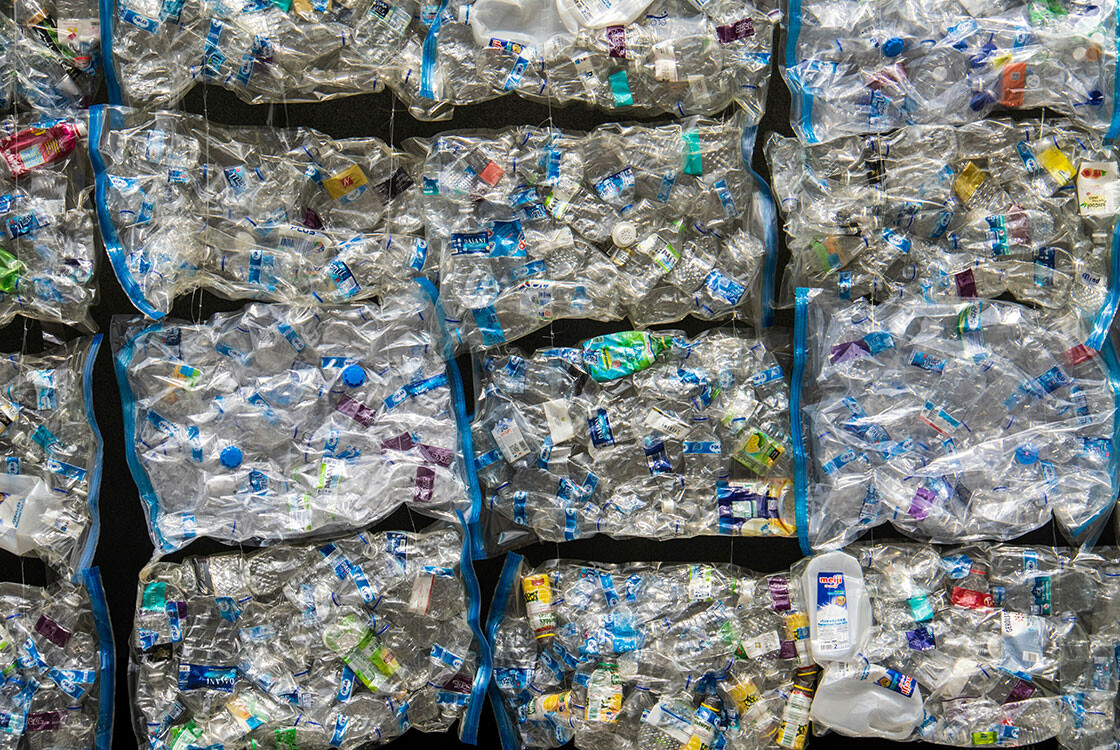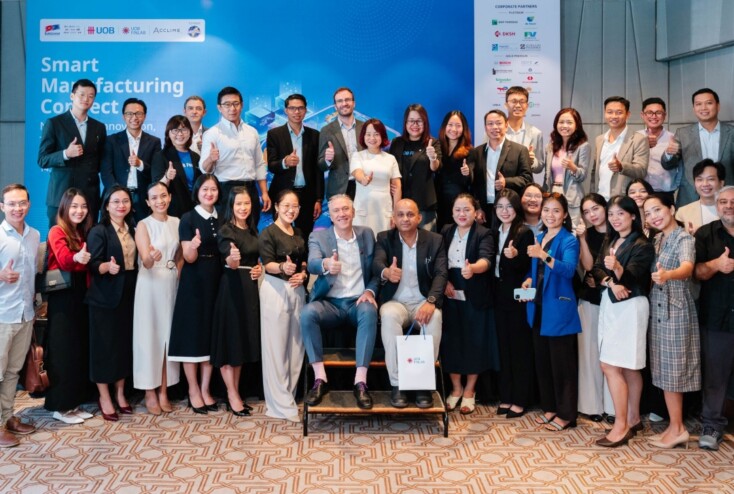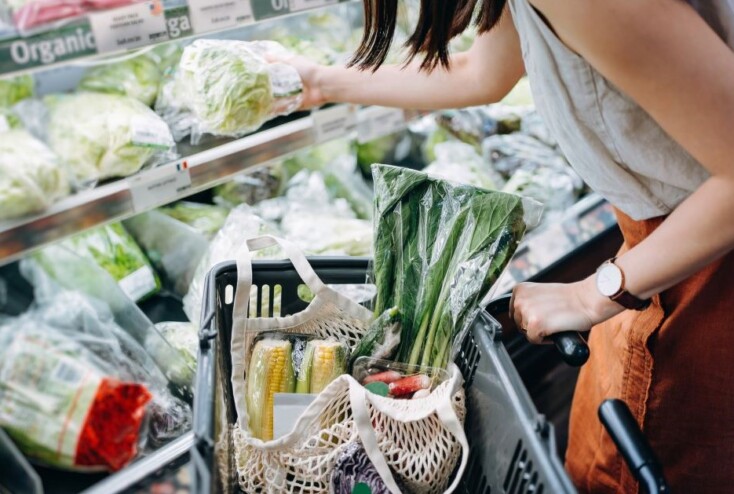Start-ups, especially green technology start-ups or “greentechs”, however, must also contend with various challenges in scaling their solutions in the Asean region, such as a lack of funding, regulatory hurdles to navigate, and inadequate mentorship.
To aid climate tech start-ups in the region, initiatives that help early-stage companies, known as accelerator programmes, can help to plug the gap by funding start-ups, linking them with businesses and offering a test-bed for companies to trial their solutions.
“Accelerator programmes play a crucial role in bringing together governments, industry players, greentech solution providers, and other stakeholders to drive business growth and innovation through collaboration,” said Lung.
One such initiative is UOB FinLab’s GreenTech Accelerator, which is a six-month regional programme that provides a platform for global climate tech start-ups – especially those focused on addressing waste – to scale and test their solutions. The programme also connects climate tech start-ups with businesses facing sustainability challenges.
Since its launch in 2022, the programme has aided in the development of a broad range of start-ups in the region. This includes HydroNeo, an aquaculture company that offers IoT-based smart farm management systems; REDEX, a company that offers services to manage renewable energy certificates; TAVA, a start-up that develops bioplastic products using corn starch; and AlterPacks, a company that converts food waste into sustainable takeaway boxes, to name a few.
While such programmes can lend climate tech start-ups a helping hand, Lung hopes that governments across the region realise the potential of these companies in fighting waste and provide them with the right environment to grow.
“Government agencies, private sector players and technology solutions providers must come together to have objective conversations about fine-tuning regulations and educating stakeholders through best practices,” he said.
The increase in start-ups hoping to play a role in addressing Southeast Asia’s waste issue through their solutions is nevertheless commendable, notes Singh, who underlines the importance of continued long-term support for green start-ups to achieve tangible change for the region – and for the planet.
“I’m very optimistic about the future,” said Singh. “We have lots of young start-ups who are much more aware, cautious, and engaged in doing something innovative that contributes towards the environment and to our societies at large. Their hunger and enthusiasm will bring much-required change.”






